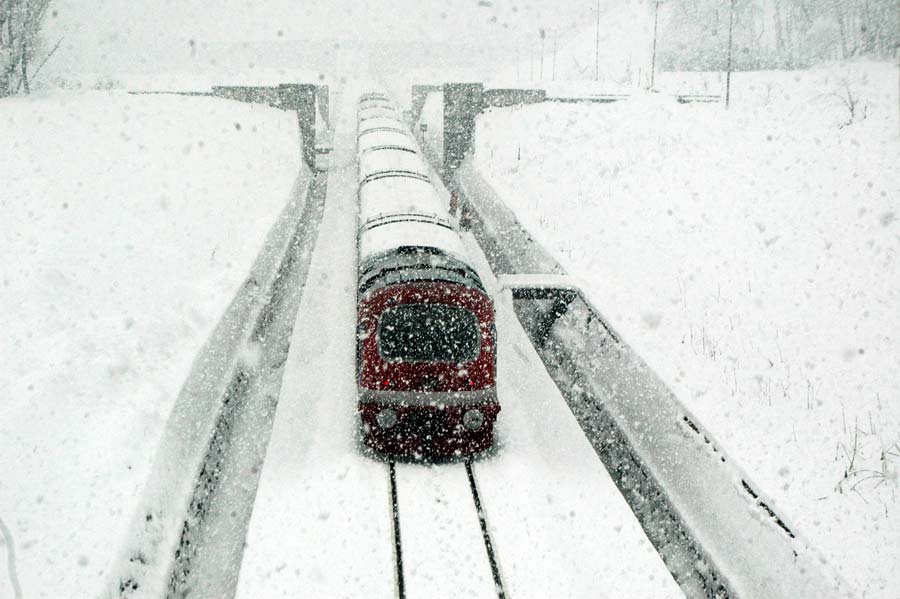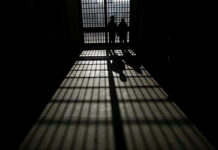Srinagar
In the encounter between militants and government forces on that killed three militants in Balhama Khunmoh area of Srinagar on Friday, there was another casualty: three decades worth of works of a popular Kashmiri poet, Ghulam Mohammad Bhat, known by his pen name ‘Madhosh Balhami’, reports claimed.
The militants had targeted a police post outside a BJP leader’s house in Khanmoh on Thursday and tried to snatch the security personnel’s weapons. In the brief exchange of fire, a policeman was injured. Chased by the police and Army, the militants forced their way into Bhat’s double-storey house in Balhama village, some 2 km away, a report published by Indian Express said.

“They rushed in and asked us to leave immediately.” “They asked us to forgive them (for entering the house). They told us they would get martyred and the house would get destroyed,” Indian Express quoted Bhat saying.
All that stands of the house, built by Bhat’s father Ghulam Mustafa Bhat more than 50 years ago, now are ashes and rubble. Two other houses, belonging to Bhat and his sister, located in the same cluster, were also destroyed in the gunfire and mortar exchange between the militants and security forces that lasted over 20 hours.
The report further said that Bhat and his family, comprising his wife, two sons Akbar Ali Bhat (24) and Asghar Ali Bhat (23), and a daughter (20), have shifted to a newly built kitchen that stood a little distance away from the main house, and was the only structure that survived. His sister’s family is living in the half-burnt kitchen of her house. On Saturday, the 51-year-old Bhat sifted through the rubble of his home for scraps of paper containing the poems that he hoped to publish one day. Bhat said he had written hundreds of poems over the past 30 years and kept them in a “safe corner”. “It was a huge pile of papers. All gone.”
Media outlet quoted the senior officer saying that any decision on compensating Bhat would be taken after a police report. “If the police report says a house owner wasn’t involved, the government compensates him according to rules. But if the police report is not favourable, no compensation is given,” he said.
Bhat has two books to his name, Dard-e-Furqat (Pain of Separation) and Sadai Abu Zarr (Voice of Abu Zarr), both published a decade ago. But most of his poetry lay at home.
He wrote about the three decades of turmoil in the Valley, the killings and the destruction, as well as the migration of Kashmiri Pandits. “The beauty of nature is calling you (Pandits) to come back, without you the garden looks colourless, come back,” he wrote., Indian Express reported.
While he has lost his ancestral home, Bhat said that wasn’t his deepest regret. “Everything is gone, except the clothes we are wearing. My niece was getting married in July and my sister had bought some gold and other items for her. All of that has been turned to ashes too,” he said. “But I have no regrets (about that). This house will come up again. I regret that I have lost my poetry, I regret that three young men were martyred here.”
Breaking into verse, Bhat added, “Pehley yeh ghar meray liye bas ik makaan tha. Ab yeh jagah meray liye ik aastan hai (First this house was just a home for me, but now this place is a shrine for me).”
He also remembered another verse he wrote in Kashmiri, “sometime in 1996”, ironically after “some houses were destroyed in a gunfight”: “Kaem khandar banai yeth lali zaras, yi kyuth tufan aaw saenis shehrus (Who turned into ruins this garden of tulips, what kind of storm has hit our city), reported Indian Express.















